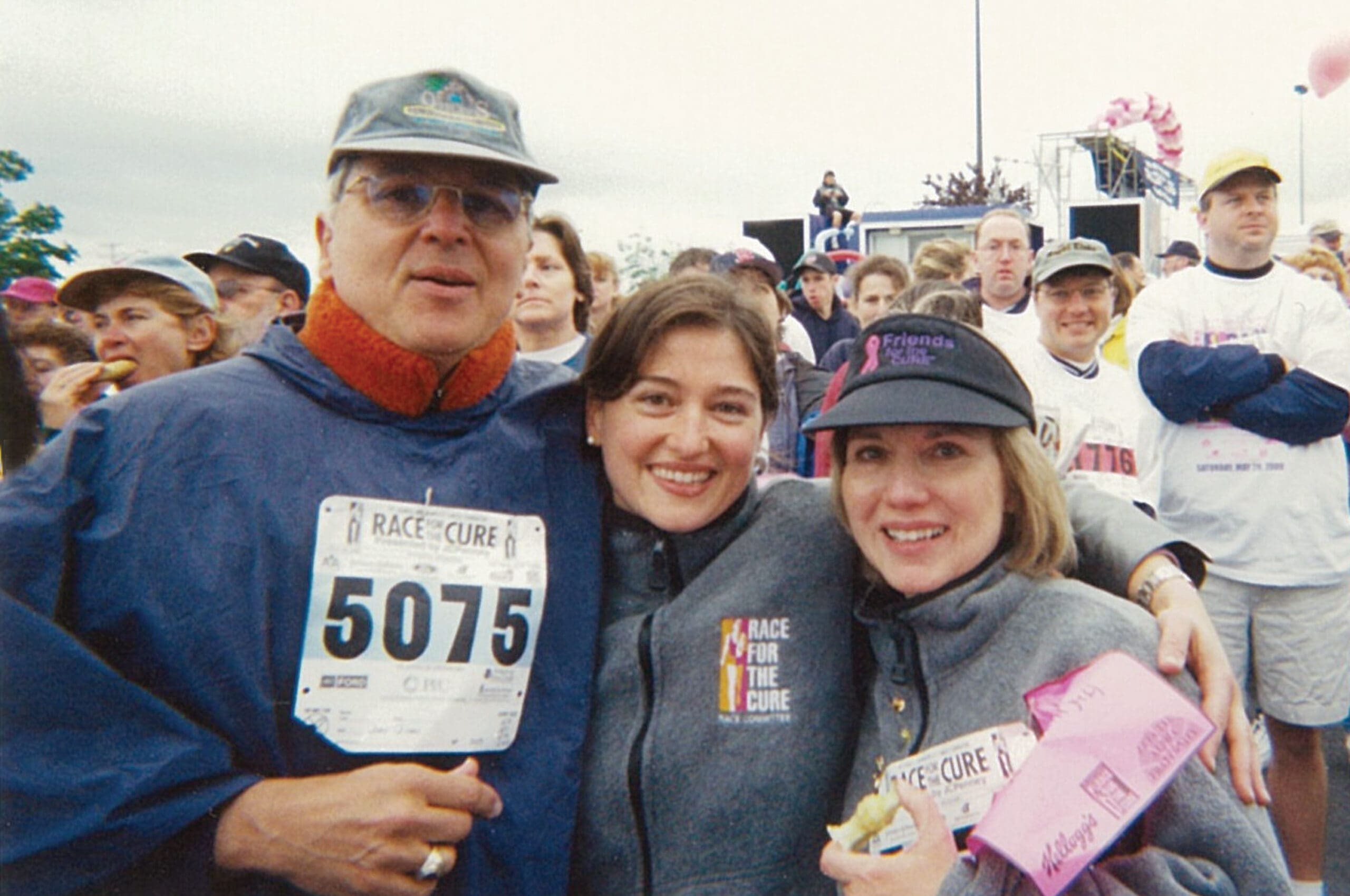By Christie Donato
December is my favorite month of the year. It has Christmas, my birthday and New Year’s Eve all rolled into one week, with a whole month of holiday music, decorations and sweets leading up to it. This time of year is all about indulgence, which makes sense considering we follow the holidays up with January, a time when we’re all expected to make an abrupt u-turn and give up all the candies, cookies and rich foods we’ve been binging on for weeks. That’s why this month I wanted to tackle a very complicated subject: dieting.
In recent years, diets have become way more involved than simply cutting carbs and fats. There’s the ketogenic diet, Whole 30, paleo, and intermittent fasting. You can do a three-day juice cleanse or detox your body by fasting for an entire day. There are so many options and so much information (or misinformation) floating around places like Instagram and Facebook that it’s become increasingly hard to parse out the true from the false. Even when losing weight isn’t the primary goal, everyone wants to make the right choices to keep their bodies as strong and healthy as possible. I think we can all agree that this is mostly a good thing. It’s important for us to care about our health and take care of our bodies, but what happens when the diets we hope will make us thinner, healthier, and more “fit” are actually doing the opposite?
The evidence against dieting has been piling on in recent years, with multiple different studies showing that “one third to two thirds of dieters regain more weight than they lost on their diets.” We’re also learning that what we commonly refer to as “yo-yo dieting” – rapid cycling of weight loss and gain – might be the true culprit behind an increased risk of cardiovascular disease, Type 2 diabetes, and high blood pressure, all health issues thought to be caused by obesity. When it comes to long-term weight loss, diets are not it.
A November 2012 study out of the Oregon Research Institute showed that restricting calories actually caused the reward centers in research participants’ brains to spike when looking at images of yummy foods or just thinking about eating something delicious. This is in line with what proponents of Intuitive Eating (the anti-diet diet) preach. That telling yourself you can’t have cheesy fries only makes you want cheesy fries even more than if you’d just allowed yourself to eat a few cheesy fries from the beginning. The restriction is what causes the binge.
For some, intuitive eating is a healthy approach to overcoming an obsession with food. When we’re dieting, food becomes the most important thing in our life. We label ourselves as “good” or “bad,” depending on what we’ve consumed. It’s a terrible way to live. When we allow ourselves to eat what we want, as the practice of intuitive eating asks us to do, then we stop putting chocolate cake on a pedestal and start paying attention to what we really enjoy. Maybe we’ll discover that a few bites of chocolate cake is all we really wanted, but what we really love are some fresh strawberries.
It’s easy for me to sit here and write about how dieting is bad and we should all love our bodies just the way they are, and it’s just as easy for you to nod along as you read this. What’s much harder is putting that kind of radical self-love into practice. In Taffy Brodesser-Akner’s brilliant NYT article, “Losing It in the Anti-Dieting Age”, she writes, “Weight isn’t neutral. A woman’s body isn’t neutral. A woman’s body is everyone’s business but her own…It is terrible to tell people to try to be thinner; it is also terrible to tell them that wanting to lose weight is hopeless and wrong.” Everyone’s relationship with their body is different, and everyone has their own journey to go on when it comes to health and wellness. Let’s all agree to keep in mind this holiday season that eating cookies doesn’t make us “bad” or “weak,” but yelling at the cashier when things don’t go our way during the shopping rush does.





